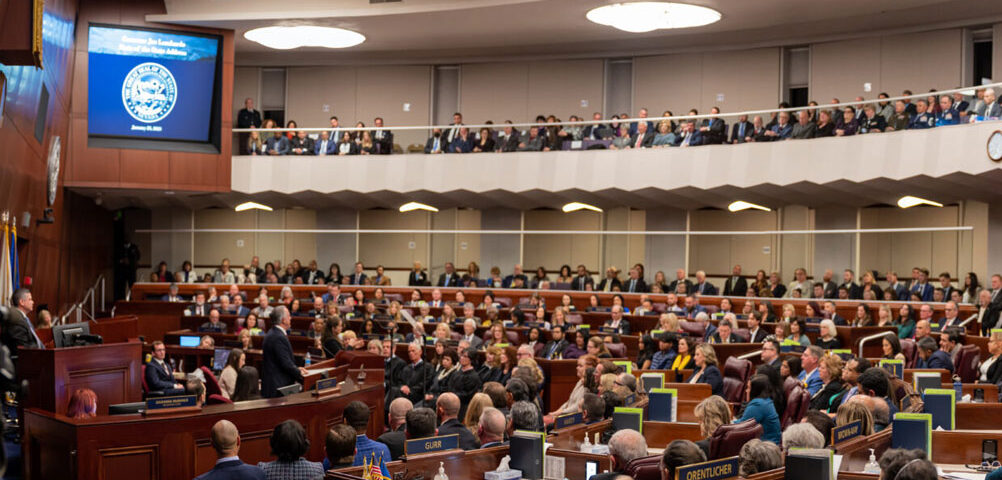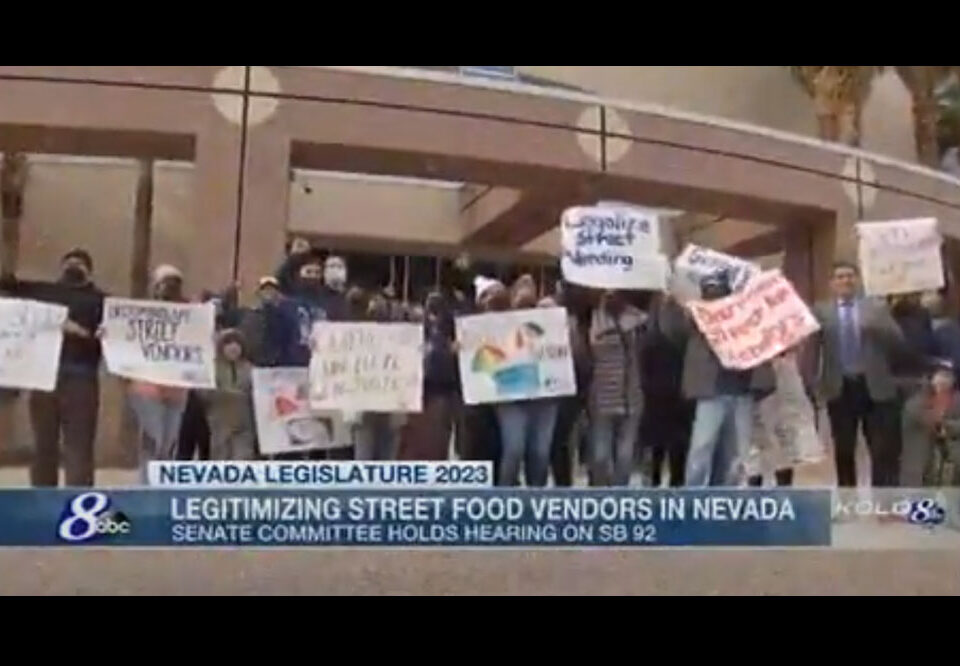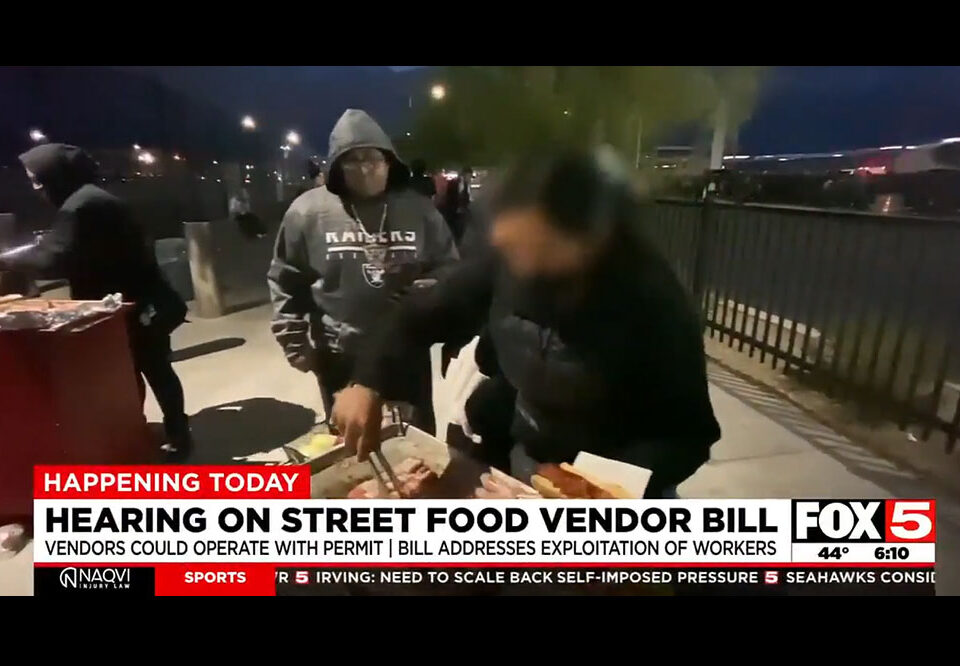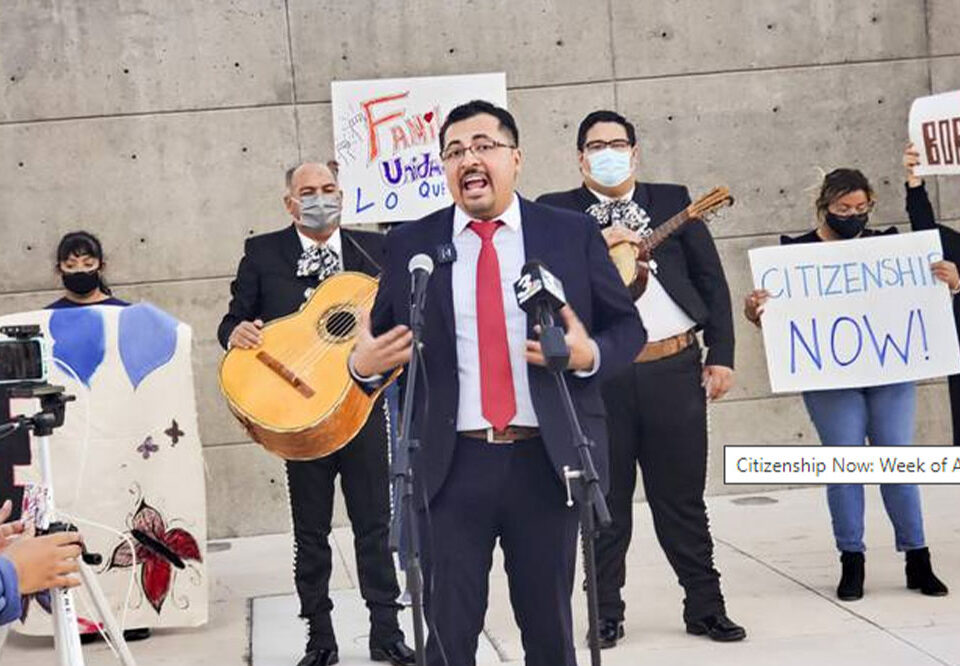
Lawmakers fear they may face obstacles to passing legislation establishing new programs that require long-term funding, noting such programs were not among priorities listed during Gov. Joe Lombardo’s state of the state speech last month. (Photo: Richard Bednarski)
Policy, politics and progressive commentary
Lawmakers in Nevada are setting their priorities for the upcoming legislative session on the back of a flush state budget, which some hope to tap into for social services, education and health care.
On Wednesday, state lawmakers outlined proposals they want to pass at the upcoming 2023 legislative session during a policy summit organized by the Children’s Advocacy Alliance.
Several lawmakers described how their bills, if successful, could benefit children in Nevada — a state that routinely lands on the bottom of lists measuring child welfare.
One silver lining for the state is that Nevada is expected to collect $11.4 billion in tax revenue over the next two fiscal years and revenue in the current biennium has far exceeded expectations by economists and industry analysts.
But lawmakers said they fear they may face obstacles to passing legislation establishing new programs that require long-term funding, noting such programs were not among priorities listed during Republican Gov. Joe Lombardo’s state of the state speech last month.
Draft bills by Democratic lawmakers to increase and expand Medicaid coverage may fall into that category, said state Sen. Melanie Scheible, who represents Clark County.
Increasing Medicaid coverage for postpartum care in Nevada is one of Scheible’s priorities for the 2023 legislative session.
“We know that healthcare for babies and parents who get it earlier in their lifetimes can be significantly less expensive, because it’s significantly less serious,” Sheible said. “We will be looking at budget options to expand coverage for prenatal, postnatal, and postpartum care.”
Scheible also reintroduced a funding dependent bill draft that would keep children enrolled in Medicaid health coverage, even if they lose eligibility.
Some of the most common causes of children losing Medicaid eligibility include moving, or if their parents’ income increases, even if it’s only temporary. Those changes are usually recorded on applications for the Supplemental Nutrition Assistance Program, which must be renewed every six months.
“That means in practice, our kids are being assessed for Medicaid eligibility every six months,” Scheible said.
However, states can choose to provide children with 12 months of continuous coverage through Medicaid and the Children’s Health Insurance Program (CHIP), even if the family experiences a change in income during the year.
“Every state has the choice to be either a continuous coverage state or not, and Nevada is not,” Scheible said. “What we have learned over the course of several years is that for a lot of families their income is cyclical. Most of the year, they may make below the threshold necessary to qualify for Medicaid but during certain months it increases just enough to make them ineligible.”
Children who have health insurance continuously throughout the year are more likely to be in better health, according to Medicaid. Stable coverage helps children receive preventative and primary care by familiar doctors who can better track their health and development.
Clark County Democratic State Sen. Fabian Doñate advocated for the passage of a bill that aims to create a program that would pay off student loans for certain health care providers. That bill was drafted and submitted by the state treasurer’s office.
“I think there’s a window of opportunity to increase the number of physicians that can go into underserved communities,” Doñate said.
North Las Vegas Assemblywoman Clara Thomas is pushing for a bill she believes could be the “foundation for universal pre-k.” The bill would create a pre-k advisory council and require an early education director to sit on the governor’s council.
During his state of the state speech, Gov. Lombardo said his administration plans to invest an additional $2 billion in new funding for Nevada’s K-12 education system and would increase the total per-pupil spending by more than $2,000 per student– from $10,290 this year to $12,406 in the upcoming fiscal year.
Nevada ranks among the lowest states for access to state-funded preschool.
During the 2020-2021 school year, Nevada Ready! State Pre-K enrolled 1,969 children, a decrease of 1,101 children from the prior school year, according to the National Institute for Early Education Research (NIEER).
State funding for pre-k was down by $1.8 million, or 9%, adjusted for inflation, since last year. And while spending per child was up $2,783 from the 2019-2020 school year, the increase was largely due to the lower enrollment as a result of the pandemic.
The state only met five of 10 minimum standards for high-quality preschool education, and only 5% of 4-year-olds in the state were enrolled in state-funded preschool.
State Sen. Roberta Lange, who represents Clark County, said there is a massive need for universal pre-k in Nevada but ( like many other Democrats ) she’s skeptical of education plans by Nevada’s new Republican governor.
“We were excited about the money the governor wants to put into education. The problem is that he wants to put money in private schools without fully funding public schools. I have a problem with that,” Lange said.
The post Lawmakers want more health care and education for NV’s children on governor’s desk appeared first on Nevada Current .




